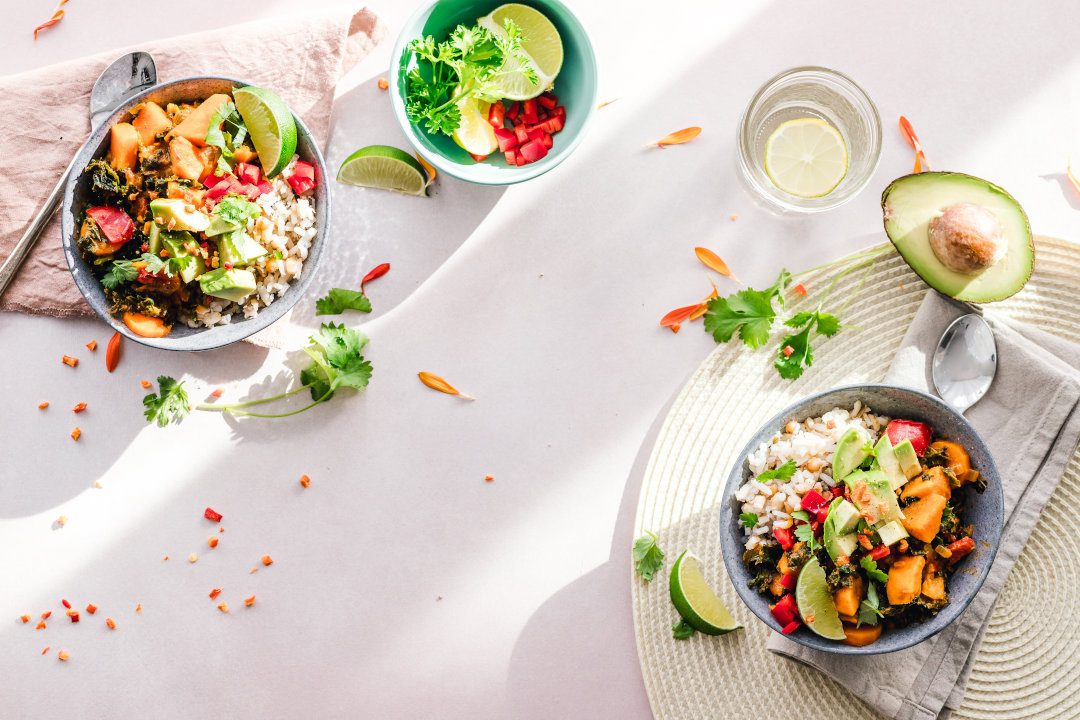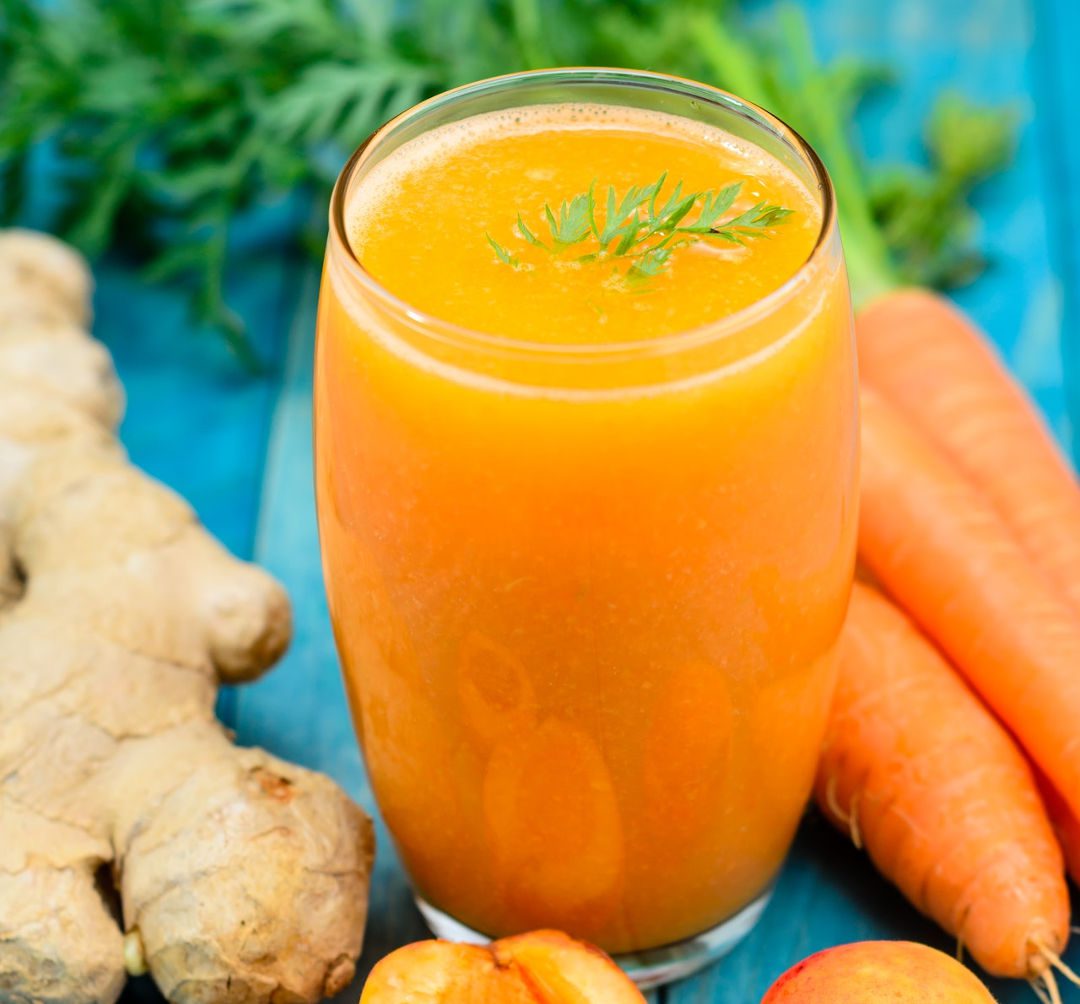We know it takes a lot of hard work and dedication to lose weight.
Many people are often tempted to speed up the weight loss process through the latest dieting craze.
But dieting doesn’t need to be a miserable experience where you undertake extreme measures that deprive you of calories and eliminate specific food groups and nutrients.
Fad diets, which you often see promoted by celebrities and social media influencers, can do more harm than good – they tend to lack sufficient research and evidence of their effectiveness and long-term sustainability, and in some cases, they can hurt your progress and health.
Some fad diets are so restrictive they involve completely ditching solids for liquids, or eating (presumably) like a caveman.
Your weight loss and weight management diet should be a positive and sustainable journey, consisting of foods and nutrients that are non-restrictive, healthy, invigorating and enjoyable.
Read on for three fad diets it’s time to leave behind in 2020.

Keto
You’ve probably heard of the Keto diet – that is unless you’ve been living under a rock. Keto, short for ketogenic, has been one of the biggest crazes over the past few years and consists of a diet low in carbs and high in protein and fat.
By cutting carbs completely, your body is put in a state of ketosis, essentially a survival mode which burns fat stores for fuel.
The benefits of Keto, as outlined in one of our previous blog posts, include:
-
It’s an effective way of dieting and getting the results you’ve always wanted – fast
-
While in ketosis, the liver takes fat and transforms it into ketones. Ketones can be seen as fuel cells for muscles and brains. This can help with cognitive functioning making you feel sharper and more alert.
-
It has been shown the Keto diet can help regulate cholesterol, triglycerides, blood sugar and insulin levels. This can be a huge win for those with specific types of diabetes and PCOS and can reduce the risk of heart disease through the lowering of triglycerides.
However, the consensus of nutrition experts is that the cons of a Keto diet far outweigh the pros.
Some of the main cons include:
-
It can cause flu-like symptoms, headaches and nausea
-
Lack of fibre can impact the regularity of bowel movements, causing one to feel “backed up”
-
Eating fewer carbs isn’t necessarily a good thing, especially for athletes and highly active people who need carbs for optimal energy, performance and endurance.
-
The lack of sugar from the diet can cause brain fatigue, impacting your focus, and low energy
-
A diet high in saturated fats and meats can increase cholesterol and in turn lead to a negative impact on heart health.
Further, while you may get results fast, it is a tough diet – and potentially unhealthy long-term – to sustain.
“I did more of a low carb approach but was still following keto meal plans,” a commenter on a previous blog post wrote. “Although I got great results the first 3 months it’s hard to be sustainable when you miss your favorite foods.
“It gets hard to keep getting creative with meals and you find yourself going to the same go-to’s. One cheat and it will throw your whole plan off and it’s hard to go back to the keto way of eating.
“I found myself binging and saying I’ll start fresh tomorrow. Although many do great on it, it’s very tough to stay consistent for a long period of time before caving for something you miss.”
Raw food

The raw food diet is making a comeback in 2020, after peaking several years ago.
The idea behind eating only raw foods is that natural enzymes and other nutrients in foods break down when cooked above 116°F. This in turn helps with digestion and the absorption of nutrients.
“The raw food diet encourages people to eat only raw (never heated), unprocessed foods,” dietician Chrissy Carroll of Very Well Fit said. “While eating more produce is advantageous, experts say there’s no reason to avoid cooking it.
“This diet may put people at risk for food-borne illness if raw meat and dairy are consumed.”
Moreover, cooked food has nutritional, safety and tasty benefits (food should be enjoyed, right?). For instance, asparagus and mushrooms provide more nutritional value when cooked, and baking or roasting vegetables significantly enhances natural flavors.
The raw foods diet is also very restrictive, meaning it is very difficult to sustain long-term.
Liquid diets
Teatoxes and juice cleansing are weight loss methods that should be avoided as they can cause unpleasant side effects (i.e. diarrhea and dehydration), cause harm to body and mental and physical performance, and are definitely not sustainable.
The only positive to consuming so much fruit and vege in liquid form is the boost of vitamins. It could also lead to short-term weight loss, but it’s certainly not a healthy method.
“Dehydration can lead to fainting, weakness and headaches,” Michael Jay Nusbaum, MD, of Prevention said. “It can also lead to an increase in hunger.
“When you flush your colon, you disrupt the bacterial colonization that actually helps you. As a result, your gut microbiome becomes out of balance, leading to digestive abnormalities.”
Other major downsides to juice cleansing include:
-
Nutrient deficiencies, due to lack of protein, healthy fats and vitamins obtained through other sources such as B12
-
Juicing strips fruit and vegetables of fibre, and fibre is important for healthy gut bacteria
-
Lack of protein can lead to muscle and bone loss.
-
Low calorie content can bring on cravings, dizziness, fatigue and headaches
Balance is key
A well-balanced diet offers amazing health benefits, leading to sustainable weight loss and weight management. It can also reduce the risk of disease and health problems, while providing you with optimal physical and mental energy.
Eating a range of food groups is also more enjoyable than restricting yourself with fad diets.
IIFYM, for instance, provides you with a non-restrictive diet plan, allowing you to eat whatever fits within your macros. This makes the weight loss process both enjoyable and sustainable.
Check out our meal plans here.
